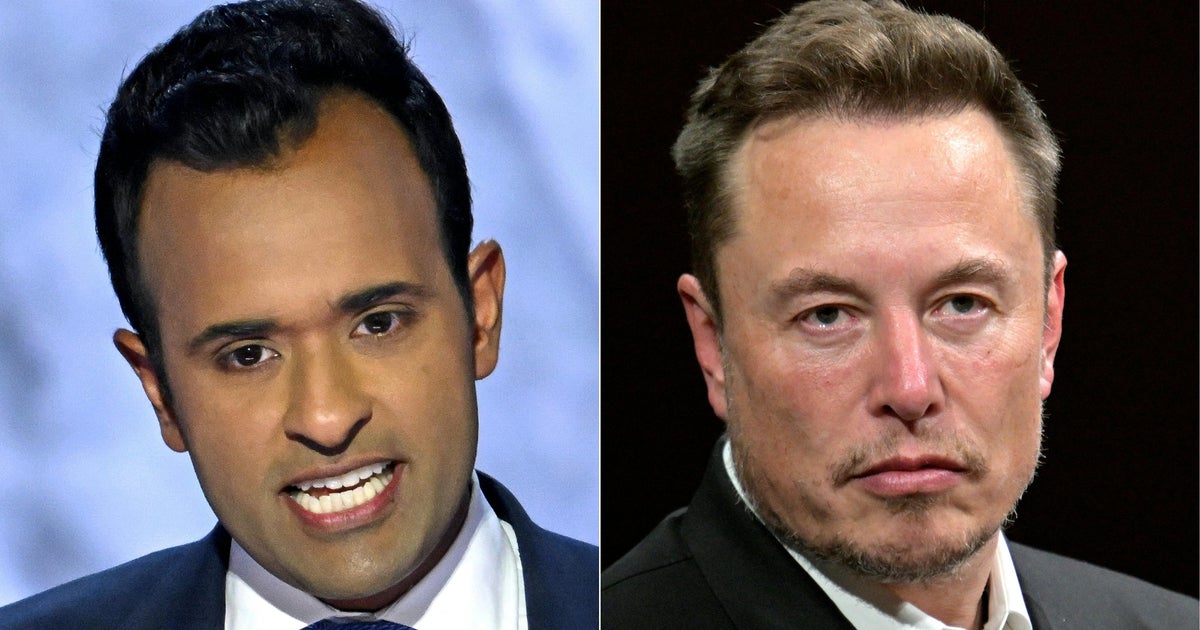Trump administration argues cutting funding to sanctuary cities and states is legal
The Trump administration will try to convince a federal appeals court that the president's executive order threatening to cut funding from states and cities that limit cooperation with U.S. immigration authorities was narrow and legal.
A three-judge panel of the 9th U.S. Circuit Court of Appeals will hear the administration's arguments on Wednesday in its appeal of a judge's ruling permanently blocking the order nationwide.
U.S. District Court Judge William Orrick said in November that the order threatened all federal funding and the president did not have the authority to attach new conditions to spending that was approved by Congress.
The ruling came in lawsuits filed by two California counties — San Francisco and Santa Clara. Orrick said the executive order potentially jeopardized hundreds of millions of dollars in funding to the two counties.
He cited comments by President Donald Trump and Attorney General Jeff Sessions as evidence of the order's scope and said the president himself had called it a "weapon" to use against recalcitrant cities.
The Trump administration says the order applies to a relatively small pot of money that already requires compliance with immigration law. It could also apply to future grants, but only if the administration receives permission to impose the immigration requirement.
"The order's plain text makes clear its limited scope," U.S. Department of Justice attorneys said in documents filed with the 9th Circuit.
The DOJ also says Orrick should have limited his injunction to Santa Clara and San Francisco instead of applying it nationwide.
The executive order is part of a push by the administration to crackdown on "sanctuary jurisdictions" — a loosely defined term for places that don't comply with immigration authorities. The administration has sued California over three laws aimed at protecting immigrants in the country illegally. It has also moved to block a key public safety grant from sanctuary cities and states.
The Trump administration says sanctuary jurisdictions allow dangerous criminals back on the street. San Francisco and other so-called sanctuary cities say turning local police into immigration officers erodes the trust needed to get people to report crime.Trump admin argues cutting funding to sanctuary cities and states is legal



